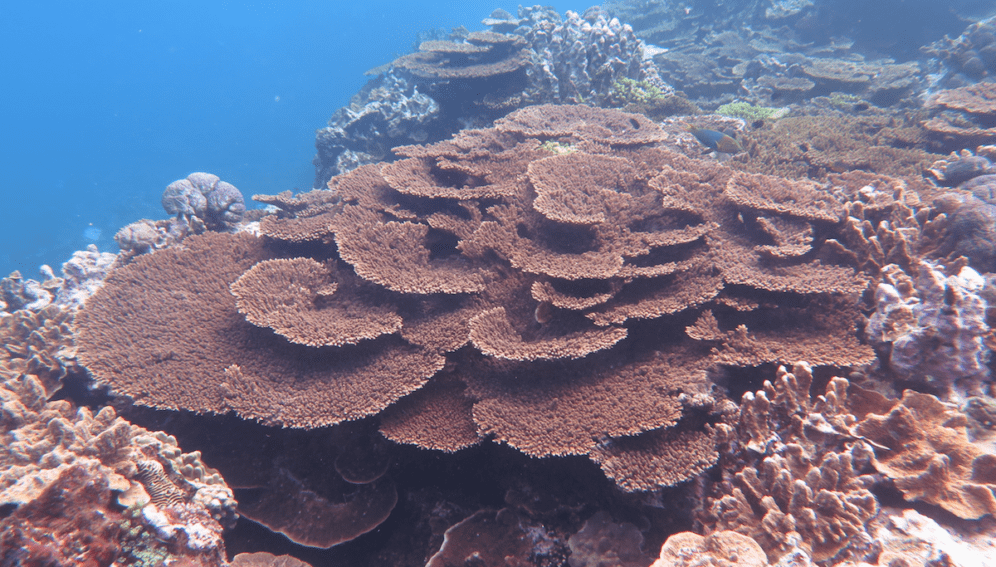By: Brendon Lee
Send to a friend
The details you provide on this page will not be used to send unsolicited email, and will not be sold to a 3rd party. See privacy policy.
[KUALA LUMPUR] Corals on the Great Barrier Reef are found consuming micro-plastic pollutants, according to a study by the James Cook University in Australia.
The lab-based research studied coral, water and plankton samples around the reef. Micro-plastics such as polystyrene and polyethylene were discovered in the corals’ stomach cavities after the specimens were placed in plastic contaminated water and observed for two nights. Corals are non-selective feeders and consume zooplankton and microscopic organisms in the seawater.
Scientists are now working towards understanding the impact this will have on marine ecology.
“We are currently conducting additional studies to determine how plastic consumption influences coral health,” says Mia Hoogenboom, co-author of the study and chief investigator with the ARC Centre of Excellence for Coral Reef Studies at James Cook University.
“We have also initiated research collaboration with scientists in China and other organisations in Australia. The aim is to develop methods to detect plastic products within coral tissues so that we can later scan samples of corals from the reef and detect whether plastics are consumed by corals in their natural environment,” notes Hoogenboom.
Hoogenboom adds that they are also studying whether fish on coral reefs eat plastics and how it impacts on its growth and survival.
It is estimated that there are about 4,000 plastic pieces per square kilometre in the northern Great Barrier Reef waters. Globally, the number is estimated at four million tonnes of plastics annually.
“We know that plastics are a problem for marine wildlife across the globe but we don’t know the rate at which this is happening in the wild and how much of a problem it poses for coral reefs,” says Michael Webster, executive director of the Coral Reef Alliance.
“The loss of coral reefs has huge economic impacts on the local communities that rely on them for food, tourism revenue, and coastal protection. But we can’t yet say that micro-plastics are the reason people are going to have economic hardship. In the meantime, this study adds to the list of reasons to reduce ocean pollution," explains Webster.
For now, the only solution that the team can offer is to encourage the general public to reduce and recycle plastic products and choose not to use cosmetic products that contain microplastic beads and scrubbers.
However, other factors of human activity also contribute to the decline of coral reef population, such as overfishing, ocean warming and acidification.
>Link to the abstract in Marine Biology
This article has been produced by SciDev.Net's South-East Asia & Pacific desk.
References
Marine Biology doi: 10.1007/s00227-015-2619-7














